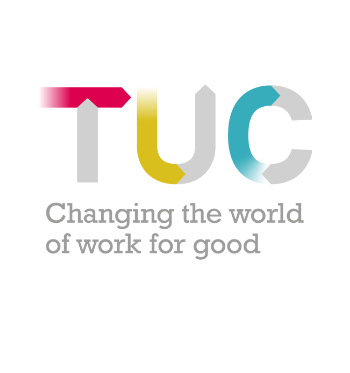
Real pay cut for millions of people in working class jobs
The TUC was founded to advance the “general interests of the working classes”, and that remains our core mission today. While working class jobs may have changed with the shift to a service economy, the experience of poor pay, long hours, and class discrimination that the union movement has fought against remains all too common in today’s UK.
Today we’ve published the first in a series of TUC reports looking at the experience of today’s working classes. It shows that for most jobs, pay has been stagnant for almost a decade.
Labour overall is losing out
We know that there are many contested definitions of the term ‘working class’ itself. At its broadest, the term can mean everyone who works for a living (rather than earning their money from owning capital) – and we know workers’ share in national income has fallen.
The labour share of national income since 1948
And working class jobs are being hit harder than those at the top
When we look at how the share of income going to workers has been divvied up, we can see that since 2010, many people in working class jobs – like retail and care -have lost out.
The seven million workers in jobs that earn less than median wages (£12.70 an hour in 2018) but aren’t in low paid jobs (defined here as 75 per cent of the median, or £9.60 an hour) have seen their pay flatline over the decade.
The minimum wage has helped push up pay at the very bottom – but without strong trade unions to ensure gains are widely shared, pay for those in jobs paid below the median is stagnating.
In contrast, those in the highest paid jobs, earning more than twice the median UK wage (over £26 an hour) have seen their pay packets increase by £1.26 an hour, a rise of four per cent, over the same period. For someone working a 35-hour week that would add up to a pay rise of £44 a week. That’s an amount that would have made a real difference to the pay packets of the lowest paid workers.
Women and BME workers are more likely to be in working class jobs – and miss out on the gains going to the top
Our analysis also shows that it’s women and black and minority ethnic (BME) workers who are most likely to be doing working class jobs – and who miss out on the gains that go to the best paid workers. Just under half of all jobs (49 per cent) are done by women. But they make up over 60 per cent of those in the worst paid jobs, and under 40 per cent of those in high earning occupations.
Women as a proportion of those in jobs across the pay distribution
It’s the same story for BME workers. They make up 12 per cent of all workers, but 15 per cent of those in the lowest paid jobs, and just 10 per cent of those in the top paying professions.
BME employees as a proportion of those in jobs in different sections of the pay distribution
A new deal for workers
Pay is just one aspect of work – and we know that many working-class people are experiencing increased insecurity, work intensification, including the use of new forms of surveillance and control at work, and a lack of voice. That’s why the TUC is campaigning for a new deal that gives working class people the power to bargain for the better jobs they deserve.
That starts with enabling people to raise their voice at work through our unions. So we need new rights so that workers can be protected by a union in every workplace, and when we use social media, so that nobody has to face their employer alone.
And we’ll do the best job of building decent working class jobs when we stop the race to the bottom where companies compete by cutting terms and conditions. So we need new rights for collective bargaining to take place across industries – ensuring a new deal for work for everyone.
Stay Updated
Want to hear about our latest news and blogs?
Sign up now to get it straight to your inbox

